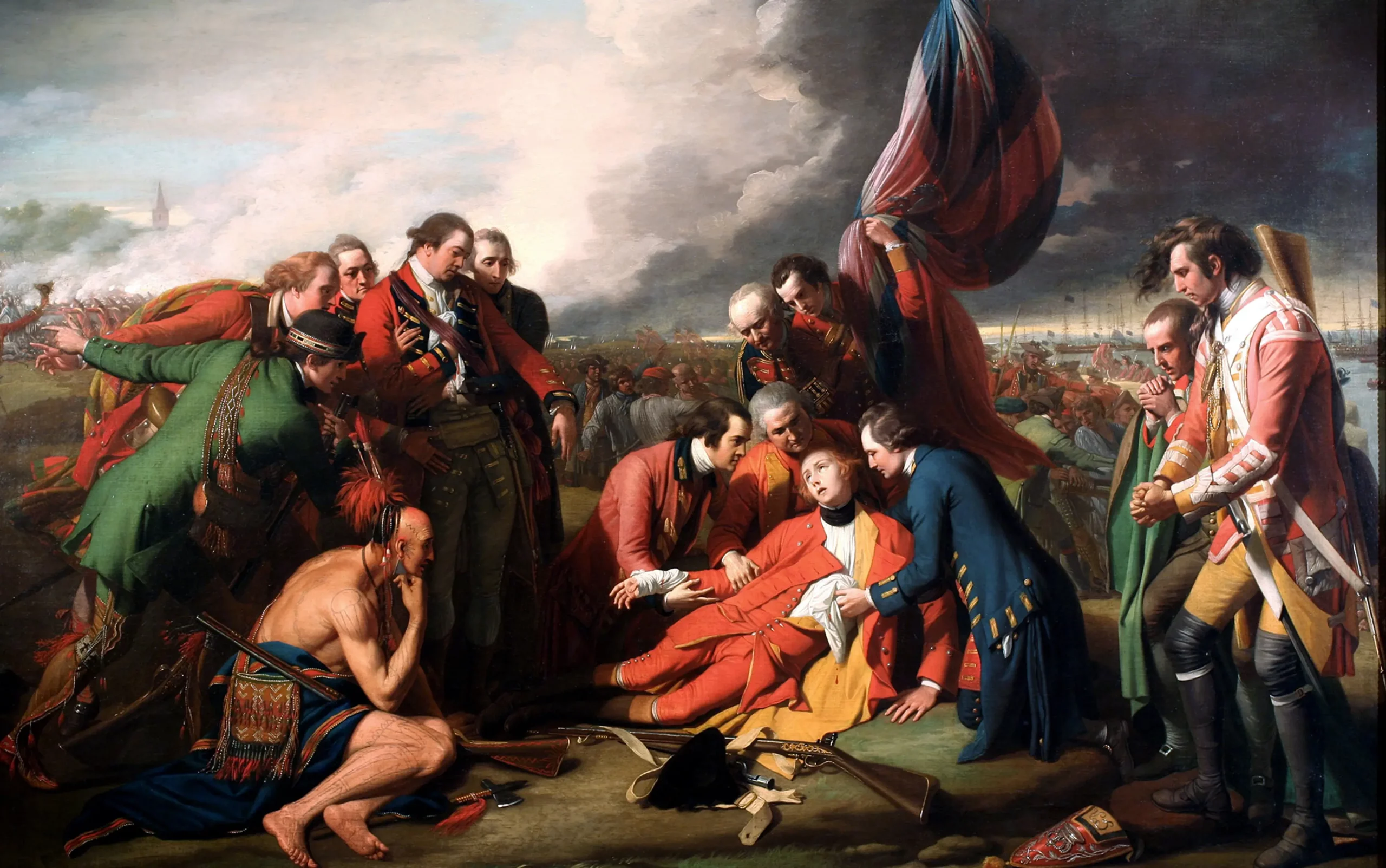Introduction History of Technology:
Homer and Hesiod characterised technology in ancient times as the spoken word for manual craft or cunning skill (Luna, 1994). Aristotle invented the Greek term technologia around 330 BC and divided scientific knowledge into three categories: theoretical science, practical science, and productive science (technology).
According to Luna (1994), the term technology was first used in the United States in a Harvard University course on the “application of the Sciences to the Useful Arts” in 1816. The Encyclopaedia Americana, published in 1832, defined technology as concepts, procedures, and nomenclatures. Since that time, there has been disagreement over the definition and identity of technology.

Philosophers of technology agree that there are two historical periods of technology: the craft phase and the modern scientised phase. A philosopher of technology, on the other hand, believes that modern technology, while scientific, is a distinct way of thinking rather than just an application of science. The rules of nature do not entirely describe technology, as they do science
Wolf (1935) made the case “that modern science was derived from technology through the wisdom accumulated via the ‘technical arts,’ and through the invention of a few critical instruments (e.g., the telescope, the microscope, the barometer, the air-pump, the pendulum clock.)” (Lewis and Gagel, 1992). In these ideas, technology is defined as practical science—science as technique.
Bertrand Russell (1972, p. 492) distinguishes between practical science and “applied science.” According to Russell, “applied science,” as perceived by scientists, is inferior to “pure” or “theoretical science.” Russell believed that practical science or technology was not inferior science, but rather a technique-oriented vision of science.
Practical science…has been vital from the beginning and has steadily grown in importance, almost displacing theoretical science from men’s minds…Science’s triumph has been primarily owing to its practical value, and there has been an attempt to separate this component from theory, resulting in science becoming more of a procedure and less of a dogma about the nature of the world….science as practice was instilling in practical men a very different worldview than that of theoretical philosophers. Technique offers a sense of power: man is considerably less dependent on his surroundings than he was in the past.
The history of technology is lengthy and complex. In fact, as we discussed in Unit 1, there is a fundamental debate regarding what constitutes technology. Was the discovery of fire the first technology? Was the wheel or plough the earliest technology? In contrast to previous units, this unit will focus on specific examples from the history of technology.
Of course, interspersed among the examples will be a discussion of the historical significance of these technologies at the time they were produced. We will also analyse the impact of these technologies on following historical, technological, and scientific advances. As mentioned in Unit 1: The Nature of Science and Technology, contemporary science sprang almost entirely from Western Europe. The history of technology, on the other hand, is more diverse.
This unit will delve into our diverse history. Our journey through technology will be limited; instead, we will concentrate on three key topics: Technology in the Middle Ages, Chinese Contributions to Technology, and Islam Spain and the History of Technology. These subjects were chosen to supplement our examination of the nature of technology in Unit 1 and to set the stage for our future discussion of technology in Unit 3, which will begin with the Industrial Revolution (Technology and Work). It is intended that as you progress to Unit 3, you will get a greater understanding of the complexities of technical development and diffusion.